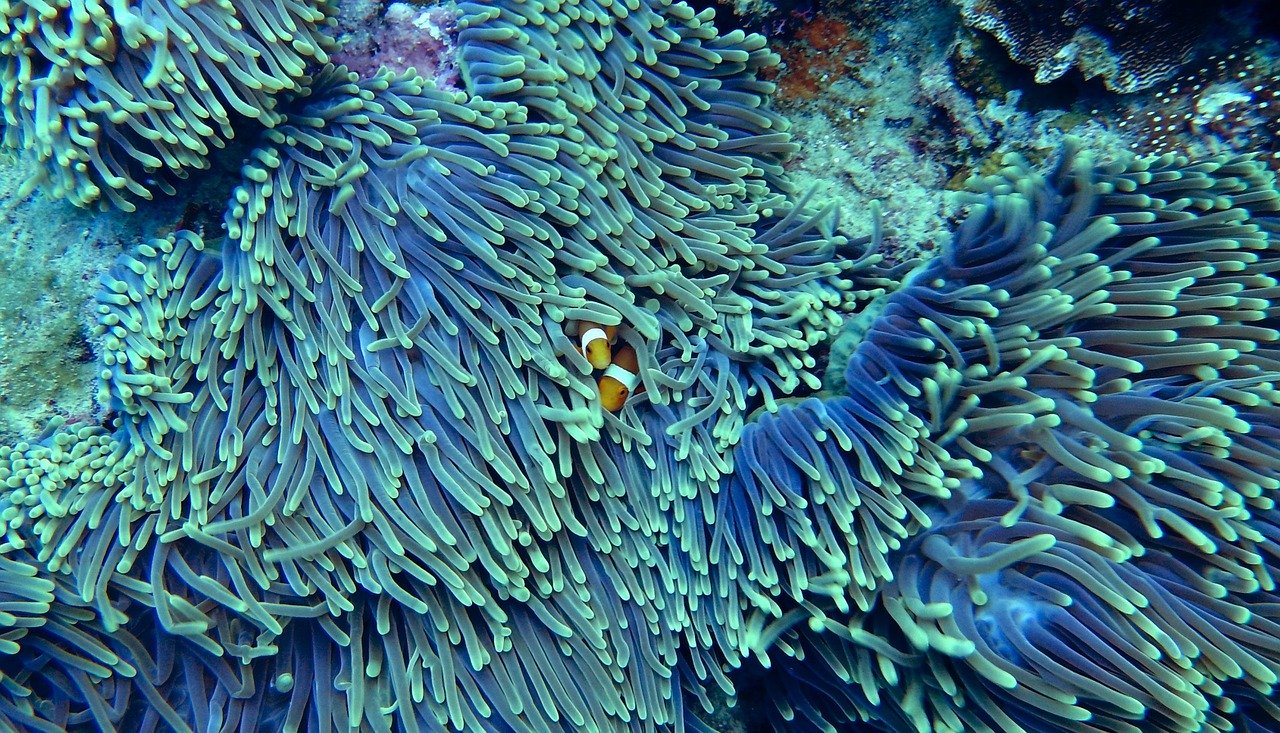In February 2019 researchers from the USA published their review of the reasons why Hawaii have recently banned two major ingredients, oxybenzone and octinoxate, found in the majority of commonly used sunscreens as well as the potential implications for the healthcare system. The legislation in Hawaii comes into effect on 01 January 2021. The ban is due to oxybenzone and octinoxate being implicated as being either a direct or indirect threat to the survival of coral reefs. Whilst coral reefs only occupy 0.1% of the area of the ocean, they support 25% of all marine species on the planet. However, about half the world’s shallow water coral reefs have already disappeared and several factors are currently being blamed for the poor health or destruction of the coral. These factors include climate change (corals cannot survive if the water temperature is too high), destructive fishing and overfishing (bottom-trawling is one of the greatest threats to cold-water coral reefs), unsustainable coastal development (resorts being built too close to coral reefs with some coastal developments emptying their sewage or other wastes directly into water surrounding them), and pollution (toxins being dumped directly into the ocean or carried by river systems from sources upstream, with some pollutants increasing the level of nitrogen in seawater, causing an overgrowth of algae). Whilst those in favour of banning these two sunscreen ingredients suggest that this is just the first of many such bans worldwide, opponents are concerned that this ban will result in a dire increase in human skin cancer as sunscreens also save lives by decreasing the risk of ultraviolet-induced skin cancers. Alternative sunscreen compounds should therefore be urgently sought.
Raffa RB et al. Sunscreen bans: Coral reefs and skin cancer. J Clin Pharm Ther. 2019 Feb;44(1):134-139.

